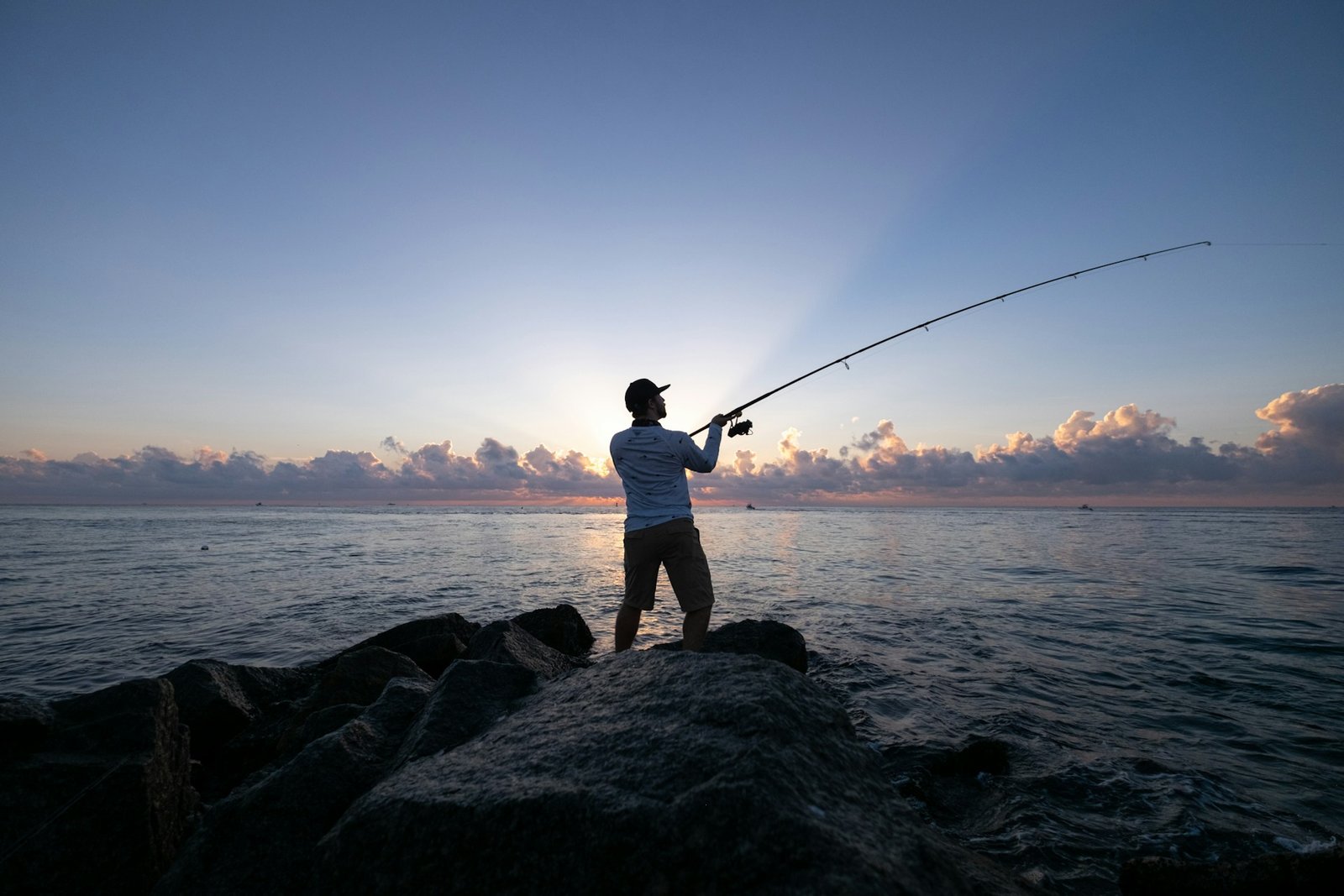Fishing, the pastime activity viewed to be relaxing and calm, has taken over millions of people worldwide. This leisure takes them away from the troubles of reality into the waters of lakes and rivers, making them company with the bait and tackle. But what is it about fishing that lures people so much? Looking deep inside the performer’s — or one’s angler’s soul — is essential to acknowledge the cravings for this age-long hobby.
The Avidness of Adventure
The activity of fishing in itself dates back to prehistory, making it a primal occupation. The importance of focusing and captivation in the process, including the time spent picking up the right lure and locating the optimum spot to catch the fish, adds a certain amount of adventure. Besides, the first hint the fish passes by gives chills along the spine, releasing a portion of endorphins dopamine afterwards — the reward for a well-done work and patience.
A Meditative Escape
Fishing, on the other hand, grants the angler a satisfactory practice of being alone. While others are staying connected to the digital world, the fisher stands away from it and the other troubles of life. The process of casting the line lash and then reeling it back is a steady and, in most cases, relaxing one, setting the performer into a meditation-like state. Also, the sounds of the water are calming and figures to assist in reducing anxiety levels.
The Habit of Company
Fishing allows the performer to anchor either with companies of supportive friends, family, and mentors. It is a proper form of ceremonial passing down the tradition and bonding for decades. There is the pleasure of sharing experiences, comparing stories of times and places, and the excitement of the heartbreaking moments of the outstanding fish that managed to get away.
The Infinity of Learning
Fishing is a hobby that there is always a chance of securing a new lesson. The knowledge of lures and the behavior of different fish to accompany in the process of education of the woodland resonators. It causes enthusiasm to become better — or greater — than oneself yesterday.
Connection with Nature
The hobby requires a person to spend time in the outdoors, forming new knowledge about the ecosystems that exploit our habitat. It also enables taking care of nature and our water bodies as anglers become the ones in charge.
Conclusion
The activity of fishing is one of the hobbies with a rather interesting, yet complex, internal and external mechanisms, intanglement of which guarantees the user’s satisfaction. Thus, in order to view the overarching emotions or feelings regarding such endeavor, one is to state that it is the blend of adventurism, call to solitude, company keeping, lessons of infinity, and the connection with the surrounding environment.



